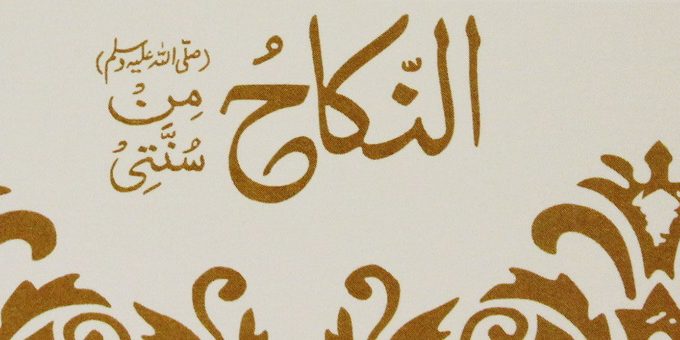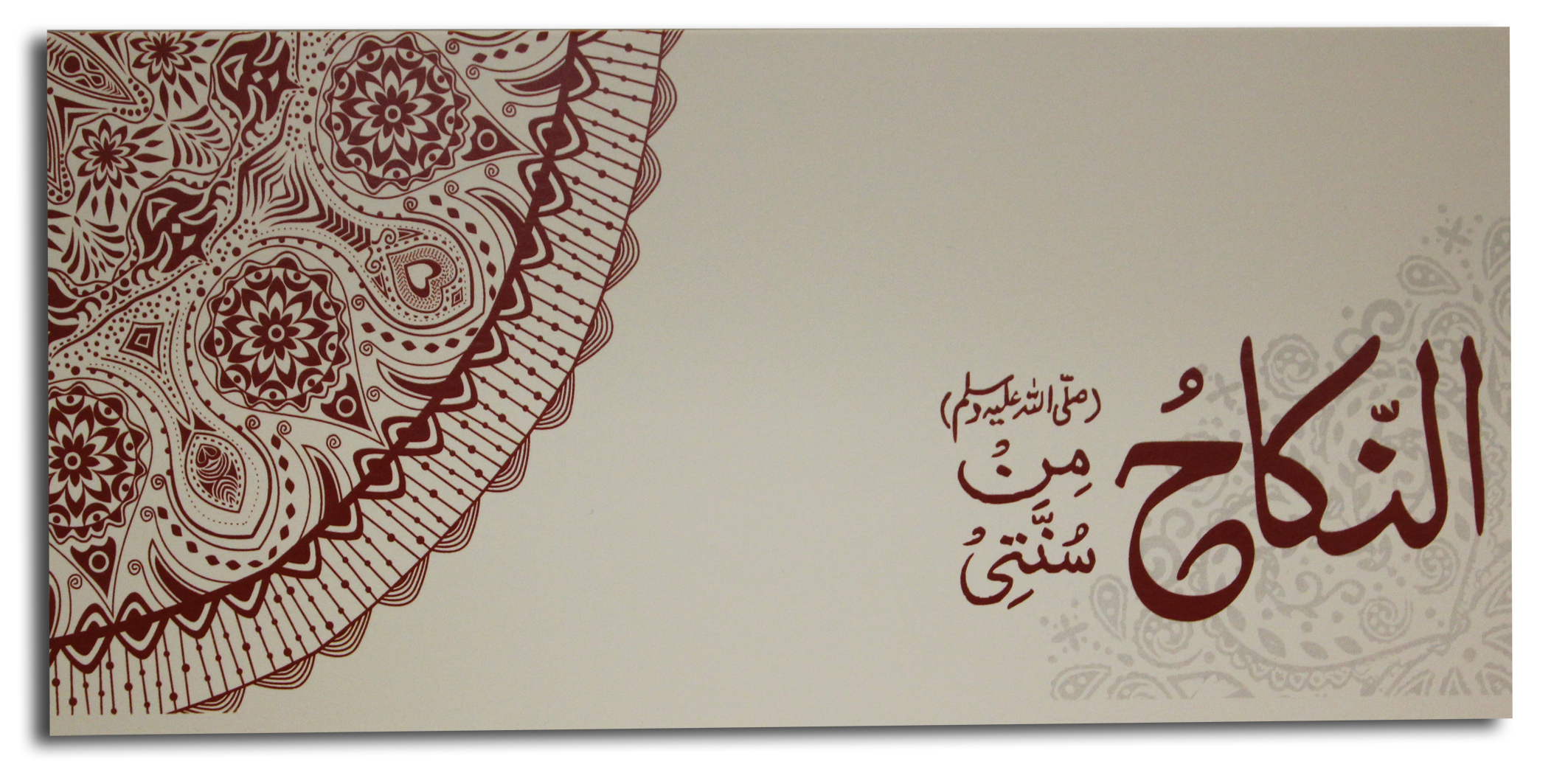QUESTION:
What do the scholars and muftis of the noble Shari’ah say regarding the following matter; if someone informs a woman that her husband has passed away, can she perform nikah [marriage] with another man? Can she act upon the news from a single person or not? If she marries another man and then her first husband returns, then whose wife will she be – the first one’s or the second one’s?
Questioner: A brother from UK
ANSWER:
بسم اللہ الرحمن الرحیم
الجواب بعون الملک الوھاب اللھم ھدایۃ الحق والصواب
If the person who informed of her husband’s death is thiqah (trustworthy) and ‘ādil (just), it is permissible for her to act upon his news. The woman can marry another man after completing her ‘iddah (waiting period). If the person who informs her is not thiqah and ‘ādil, then she should perform taharrī (ponder over it). If her heart inclines towards truthfulness of the news, she can act according to it. She can marry another man after completing her ‘iddah. If these two conditions are not met i.e. neither the informer is thiqah, nor her heart inclines towards truthfulness of the news, it is not permissible for her to act according to it.
Just as it is mentioned in al-Muhīt of al-Burhānī,
“وإذا غاب الرجل عن امرأة، فأتاها مسلم عدل، وأخبرها أَنَّ زَوْجَهَا طَلَّقَهَا ثَلَاثًا أَوْ مَاتَ عَنْهَا ، فلها أن تَعْتَدَّ وَتَتَزَوَّجَ بزوج آخر۔۔۔وإن كان المخبر فاسقاً تتحرى۔۔۔ ثم إذا أخبرها عدل مسلم أنه مات زوجها إنما تعتمد على خبره إذا قال: عاينه ميتاً، وقال: شهدت جنازته، أما إذا قال: أخبرني مخبر؛ لا يعتمد على خبره“
“When a man disappears from his wife and a just Muslim informs her that her husband has pronounced three talāqs (divorces) upon her, or he has passed away, then it is permissible for her to complete the ‘iddah period and marry another man. If the informer is a fāsiq (sinner) and not trustworthy, she should ponder over it (if her heart testifies to it, she can complete her ‘iddah period and marry another man). The news is acted upon if the informer says, ‘I have seen him dead myself’ or ‘I have attended his funeral prayer’. If the informer says, ‘I have been informed by an informer’, then his news is not to be relied upon.”
[Muhīt Burhānī, vol. 5, pg. 300]
Sayyidī A’la Hazrat Imām Ahmad Ridā Khān (may Allāh have mercy upon him) states that the news of invalidation of Nikāh, provided that there is no opposite or nullifier for it, is acceptable in two scenarios; either the informer should be thiqah and ‘ādil, or the heart of the one involved testifies to its truthfulness after doing taharrī. The news is not to be acted upon if neither the informer is thiqah nor the heart testifies to its truthfulness.
[Fatāwā Ridawiyyah, vol. 23, pg. 184]
If the woman acts according to the news of a thiqah person and marries another man, and later her first husband returns, then she shall return to her first husband. This is done by the second husband abandoning her. Abandoning means to leave her. For example, he says, “I have left you”, “Go away”, or “Do Nikāh”, or something similar to this. He can abandon her even by talāq.
Just like it is mentioned in al-Durr al-Mukhtār,
“غَابَ عَنْ امْرَأَتِهِ فَتَزَوَّجَتْ بِآخَرَ وَوَلَدَتْ أَوْلَادًا( ثُمَّ جَاءَ الزَّوْجُ الْأَوَّلُ“
Imām Ibn ‘Ābidīn al-Shāmī comments upon this by stating, “The scholars differ regarding the child born in such a case; whether it belongs to the first husband or the second one. However, the woman shall return to the first husband. All the scholars agree upon this.”
It is stated in Radd al-Muhtār,
“وَإِنَّمَا وَضْعُ الْمَسْأَلَةِ فِي الْوَلَدِ إذْ الْمَرْأَةُ تُرَدُّ إلَى الْأَوَّلِ إجْمَاعًا“
“The difference of opinion is regarding the child. Whereas the woman shall return to the first husband.”
[Radd al-Muhtār, vol. 2, pg. 631]
It is mentioned in al-Fatāwā al-Ridawiyyah that a person left his wife and disappeared, and the woman married another man, and gave birth to a child. If the first husband returns, the woman shall return to him, according to consensus.
[Fatāwā Ridawiyyah, vol. 13, pg. 343]
واللہ تعالی اعلم ورسولہ اعلم صلی اللہ علیہ وآلہ وسلم
کتبہ ابو الحسن محمد قاسم ضیاء قادری
Answered by Mufti Qasim Zia al-Qadri
Translated by the SeekersPath team
Read the original answer in Urdu here – [Q-ID0421] I remarried after hearing my Husband died, he is actually alive, whose wife am I?
Also see:
[Q-ID0498] Are the marriages and divorces that have taken place in the UK Courts Islamically valid?
















































